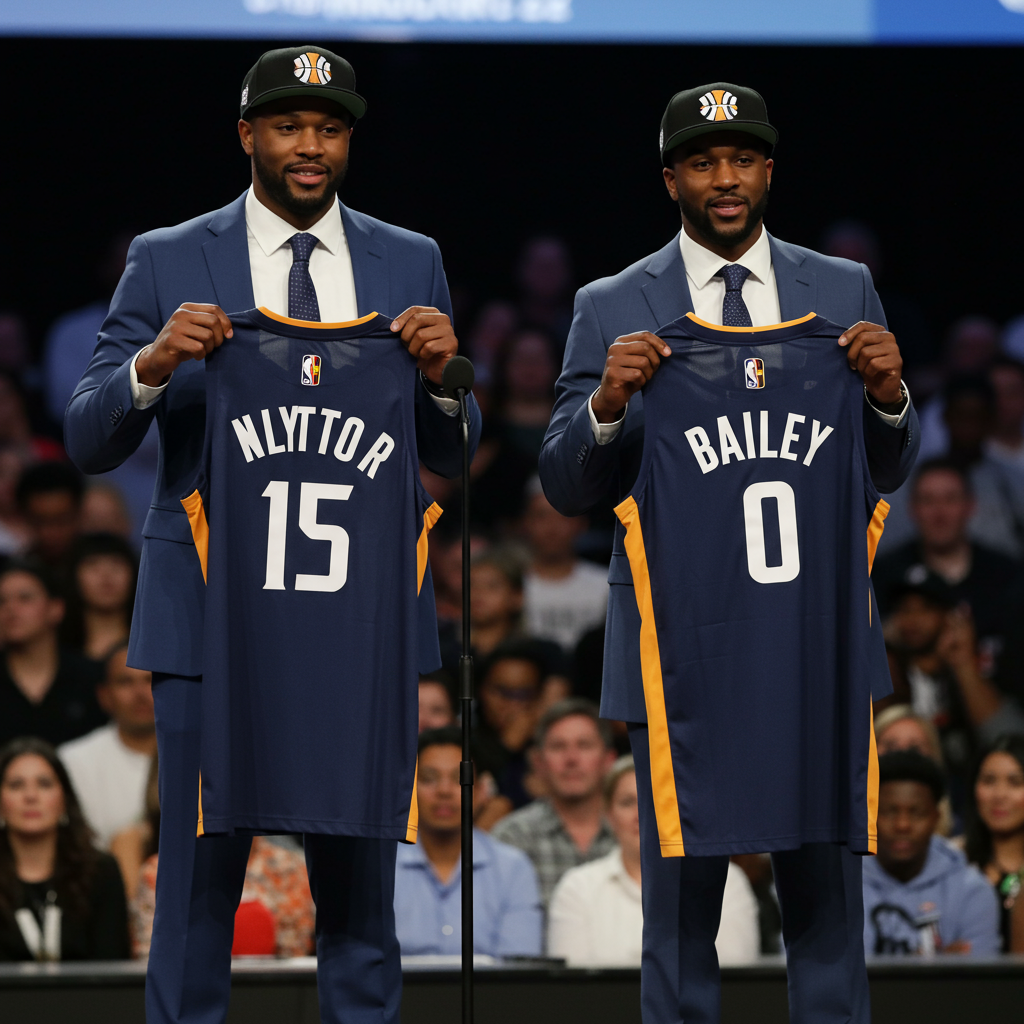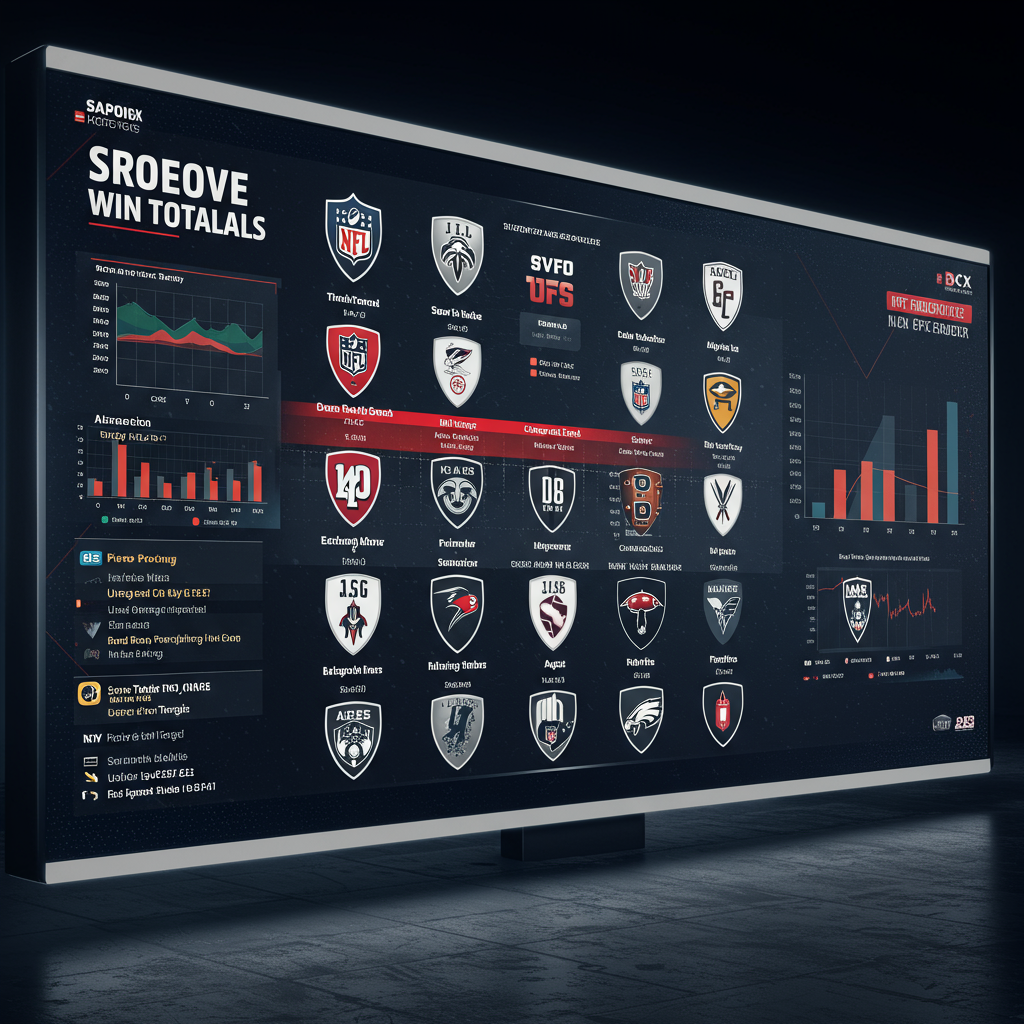The Utah Jazz made headlines on NBA Draft night not just with their highly anticipated No. 5 pick, Ace Bailey, but by executing a strategic trade to move up later in the first round. The target? Florida guard Walter Clayton Jr., a proven winner fresh off leading his team to a national championship.
Trading Up for a Target
To secure Walter Clayton Jr. at the 18th overall selection, the Jazz orchestrated a deal with the Washington Wizards, who originally held the pick. According to NBA insider Zach Lowe, Utah sent the 21st pick, the 43rd pick (a high second-rounder), and two future second-round selections to Washington. This aggressive move, coming after their earlier selection of potential cornerstone Ace Bailey, signals the Jazz’s clear intent to add specific pieces they believe fit their future vision.
Introducing Walter Clayton Jr., National Champion
Clayton Jr., a 6-foot-2 guard, brings a decorated collegiate career to Utah. He was a pivotal player for the Florida Gators, culminating in a national championship victory where he delivered standout performances. During the NCAA Tournament run, he averaged an impressive 22.3 points per game, scoring 134 total points – the most by any player in the tournament since Kemba Walker in 2011. Throughout the season, Clayton averaged 18 points, shooting over 38% from three-point range. His scoring prowess was evident in March, highlighted by multiple 30-point games, including a remarkable 34-point effort in the Final Four.
His path to the first round is notable, having been an unranked high school recruit who even held major football offers. He initially committed to basketball under Rick Pitino at Iona, developing significantly before transferring to Florida to be closer to family and play under Todd Golden, ultimately achieving national championship success.
Scouting Report: Strengths and Areas for Growth
Expert analysis paints a picture of Clayton Jr. as a dynamic scorer with unique offensive traits. Sam Vecenie of The Athletic noted his ascent to first-round status late in his college career, highlighting his ability to play at a tremendous pace and generate shots, particularly off two feet. Described as an underrated athlete with good balance and strength, he possesses a highly sought-after “pull-up gravity.” Coaches who faced him praised his confidence as an “NBA shot maker” with great separation and range, facilitated by powerful hips for creating difficult sidestep threes.
While his offensive game is highly regarded, scouts and executives also point to areas for improvement. Decision-making and turnovers are frequently mentioned; Clayton averaged over two turnovers per game in his final two college seasons. A college assistant coach expressed concerns about his consistent competitive defense, suggesting teams specifically targeted him. Eastern Conference executives offered mixed views on his optimal NBA role and the consistency of his defensive intensity, particularly when shouldering a heavy offensive load like he did at Florida. One executive noted he could be a “tough, powerful combo guard” and drew a comparison to Jalen Brunson regarding his effectiveness despite being slightly undersized. Clayton himself acknowledged turnovers as a key area he needs to improve upon.
Fit with the Jazz Roster
The addition of Clayton Jr. adds another young guard to a Utah backcourt that includes Keyonte George and Isaiah Collier, alongside newly drafted wing/forward Ace Bailey. This trade comes after reports linking the Jazz to other guards like Tre Johnson and Jeremiah Fears with their earlier No. 5 pick, reinforcing the front office’s apparent focus on guard talent in this draft class. While adding another guard to a somewhat crowded young backcourt might seem counterintuitive as the Jazz pivot away from a full rebuild, trading up specifically for Clayton suggests the team values his particular blend of scoring, pace, championship experience, and offensive creation skills.
Despite not having visited Utah during the pre-draft process, Clayton wasn’t surprised by the selection. “I knew it was a possibility,” he commented, adding that he had conversations with the team after the draft and that they expressed appreciation for his skill set and belief in what he can bring to the team.
By trading up for Walter Clayton Jr., the Jazz acquire a proven college scorer and national champion who brings a unique offensive profile to their burgeoning young roster, adding a competitive element established on college basketball’s biggest stage.



